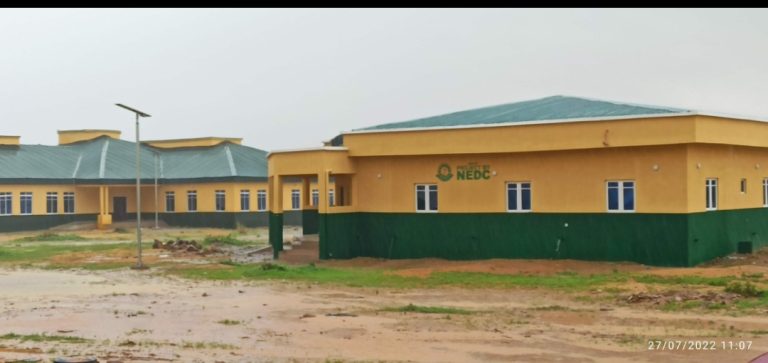Education stakeholders in Kwara have called for passing of the Freedom of Information (FOI) Bill and the implementation of education policies recommended by the Education Sector Support Programme in Nigeria (ESSPIN).
The stakeholders made the appeal at a meeting in Ilorin on Tuesday.
They said that one of the major challenges of educational development in the state was non-implementation of education policies by the government.
The event was organised by the Centre for the Study of Economies of Africa (CSEA) in collaboration with Research on Improving Systems of Education (RISE) and African School of Economics.
It aimed at engaging stakeholders that would inform and engender participation in educational development processes.
The Director of Research, CSEA, Dr Adedeji Adeniran, in his presentation titled ‘Understanding the Education crisis in Nigeria’, said that statistics showed that one out of every 10 out of school children globally is a Nigerian.
Adeniran said that 60 per cent of out of school children in Nigeria are girls, adding that 50.8 per cent of children aged five to 17 are involved in child labour.
He said that children were not just out of school, but those in school were also not learning as a result of the effects of crises such as civil war, Boko Haram insurgency, conflicts and COVID-19.
The director said that inequality in education as a result of disparity and access to schools determined how much people attended schools.
“There is a learning crisis in the nation, more than 30 per cent of children are out of school in the North Central of Nigeria, while we have 730,000 classroom deficit; lack of quality classrooms, lack of basic facilities to aid proper learning.
“It may also interest us to know that according to statistics only 12 per cent of school children are proficient in reading and writing after six years of learning in Nigeria.
“Everything happening in the nation has effects on the education system. The government, the community and the parents have roles to play in addressing the issue of learning crisis in the nation,” Adeniran said.
He said that education should be made attractive to learners, adding that policymakers should develop a system to track learning systems and focus on trajectories rather than learning outcomes.
The Permanent Secretary, Kwara Ministry of Education, Kemi Adeosun, who was represented by Mrs Olajide, appreciated the organisers of the event, saying it will contribute to the development of education in the state.
Adeosun urged the participants to use the knowledge gained for the benefit of their communities.
The stakeholders identified desperacy on the parts of parents and lack of political will to address educational issues as some of the challenges of educational development in the nation.
They tasked government on recruitment of knowledgeable and competent teachers who are ready to work.
They further tasked the monitoring and evaluation department of government to do more while tasking the state Bureau of Statistics to update their data in order to reflect the true data of out-of-school children in the state.
The stakeholders also called on the government to build on the KwaraLearn initiative to bring about more educational investment in order to reduce out-of-school children in the state.
They called for the involvement of CSOs and other education stakeholders in the KwaraLearn scheme.
The Kwara Publicity Secretary, Association of Professional Counselors in Nigeria, Mr Gafar Isiaka, a participant, speaking on the sidelines with News Agency of Nigeria (NAN), however, appreciated the government for its educational stride.
Isiaka said that there was need for restoration and posting of career counsellors to schools in order to guide students on their career, moral and social lives.
“The Parents Teachers Association (PTA) levy imposed by the state government is a major reason why we have so many out-of-school children, especially in the rural areas, most parents cannot afford it.
“We want children to enjoy free education at least to certain level of their academic pursuit, this will reduce school dropouts and encourage learning,” he said.
Another participant, Mr Abdulshakur Abdulsalam, the State Coordinator, Private Education Development Association of Nigeria (PEDAN) in Kwara, said that there was need for improved community engagement.
Abdulsalam said that strengthened role models and better political processes were major requirements to combat the learning crises in the nation.








